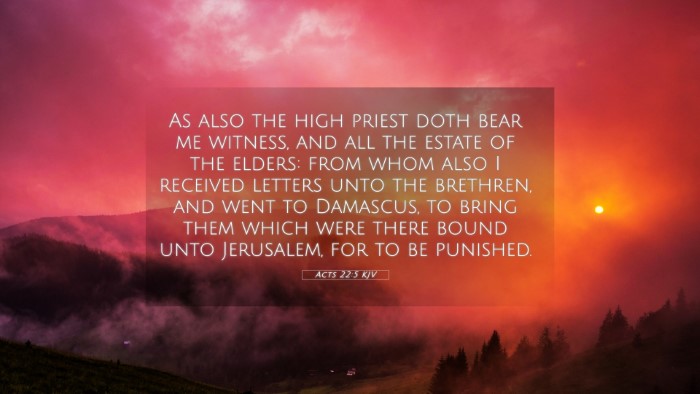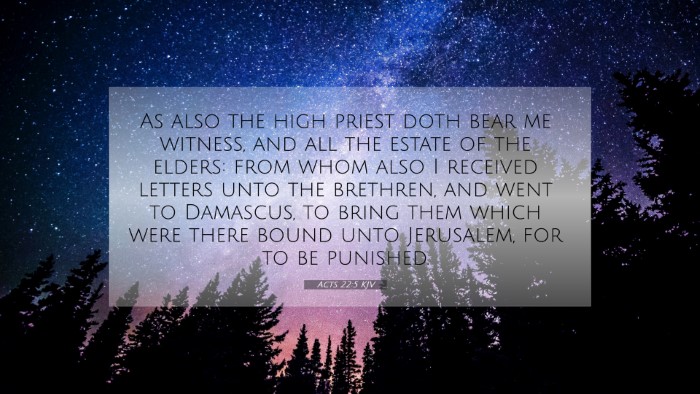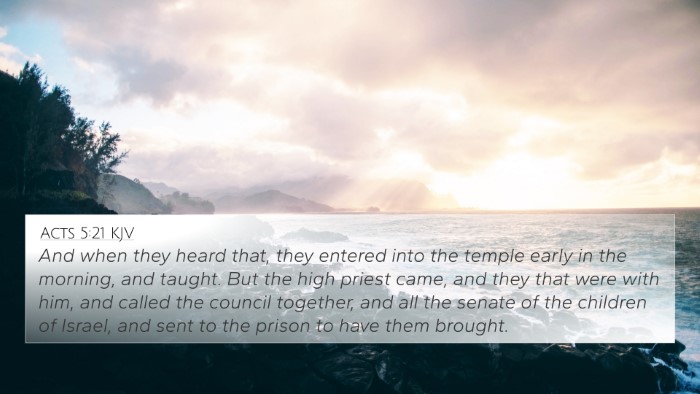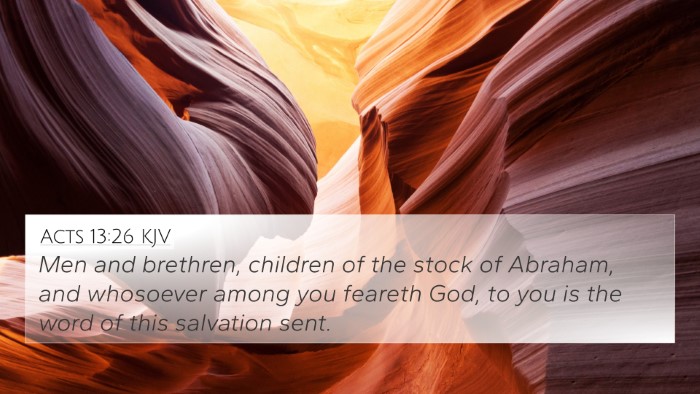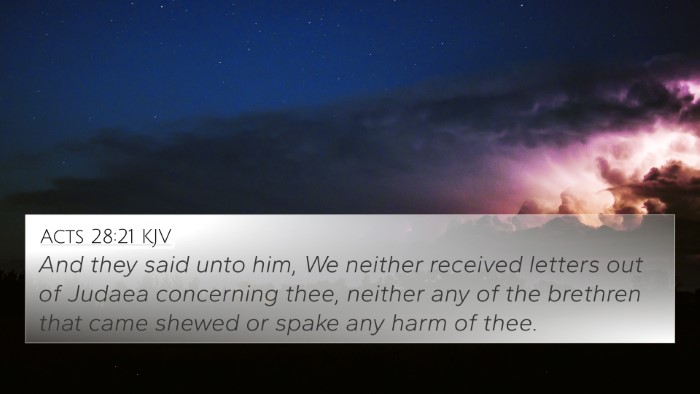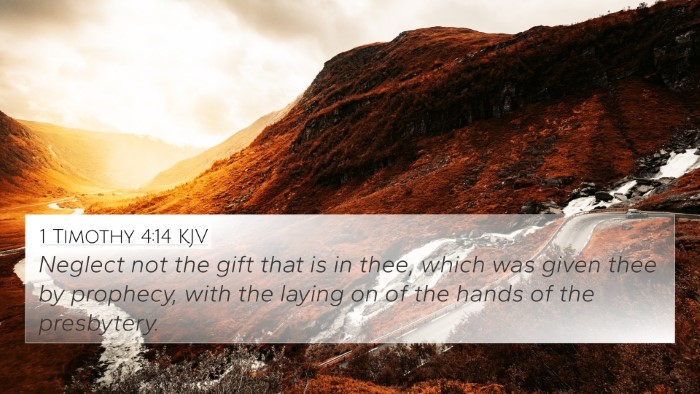Understanding Acts 22:5
Acts 22:5 states: "As also the high priest doth bear me witness, and all the estate of the elders: from whom also I received letters unto the brethren, and went to Damascus, to bring them which were there bound unto Jerusalem, for to be punished."
Summary of the Verse
In this verse, the Apostle Paul refers to his former life as a persecutor of Christians, explaining his authority from the Jewish high priest and the elders. He emphasizes his mission to bring Christians to Jerusalem for punishment, which highlights the severity of his opposition to the early church and sets the foundation for his conversion experience recounted in the rest of the chapter.
Commentary Insights
Matthew Henry's Commentary
Matthew Henry notes the importance of Paul's testimony regarding his previous zeal for the Jewish law and his commitment to eradicating what he perceived as heresy. Henry emphasizes Paul's acknowledgment of his past and contrasts it with his newfound faith, illustrating the transformative power of grace.
Albert Barnes' Notes
Albert Barnes highlights that Paul was not only a witness to his own actions but also provides confirmation from prominent Jewish leaders, showing that his previous authority stemmed from respected sources within the Jewish community. Barnes underscores the significance of this connection, indicating that it serves to validate Paul’s later ministry and the drastic change in his life.
Adam Clarke's Commentary
Adam Clarke explains that the letters referred to by Paul were likely documents granting him the authority to search for Christians in Damascus, emphasizing the role of official sanction in persecuting the followers of Christ. Clarke points out that this detail reveals the extent of Paul’s commitment to Judaism before his conversion.
Theological Implications
This verse serves as a critical marker in the narrative of the early church, providing context for Paul’s apostolic authority. The acknowledgment of the high priest’s support not only legitimizes Paul's previous actions but also vividly illustrates the transition from persecution to passionate advocacy for Christ's message.
Related Bible Cross-References
- Acts 7:58 - The stoning of Stephen, where Paul witnesses the event, initiating his harsh reclamation of Jewish law.
- Galatians 1:13-14 - Paul reflects on his previous life as a devout Pharisee, emphasizing the parallel between his past zeal and his present mission.
- Philippians 3:6 - Paul’s background as a Pharisee and his extreme devotion to the law is reiterated, showcasing his transformation.
- Acts 9:1-2 - The account of Paul's original mission to seek out Christians aligns directly with Acts 22:5.
- 1 Timothy 1:13-14 - Paul admits to being a persecutor, amplifying his dramatic transformation by God’s mercy.
- Acts 26:9-11 - Further details of Paul's persecution of Christians, presenting a broader context to his mission described in 22:5.
- John 16:2 - Jesus predicted the persecution of His followers, which Paul personifies through his actions prior to conversion.
Connections to Other Bible Verses
The story of Paul's conversion (Acts 9) provides a striking parallel to the themes present in Acts 22:5. Both passages highlight the drastic shift from violence against believers to becoming one of Christianity's most ardent advocates. This inter-Biblical dialogue emphasizes the redemptive work of God, showing how even the most unlikely individuals can be transformed.
Tools for Bible Cross-Referencing
To further explore the connections between Bible verses, one can utilize various Bible reference resources. These may include:
- Bible concordance - A useful tool for finding scripture while studying themes, characters, and events.
- Bible cross-reference guide - Helps in identifying relationships and similarities between verses.
- Cross-reference Bible study - Methods for studying scripture in tandem with its related texts.
Understanding Inter-Biblical Dialogue
The concept of inter-Biblical dialogue refers to the way Scripture references and complements itself. Understanding Acts 22:5 in conjunction with passages from the Gospels and Pauline epistles provides deeper insights into the overarching narrative of redemption and the establishment of the early church. The connections made within the Bible reflect God's unfolding plan throughout history, as showcased in Paul's life and ministry.
Conclusion
Acts 22:5 not only chronicles Paul’s past but sets the stage for his future ministry. Through cross-referencing and examining related scriptures, one can gain a deeper understanding of the transformative power of faith, the validity of apostolic authority, and the theme of redemption that flows throughout the Bible.

